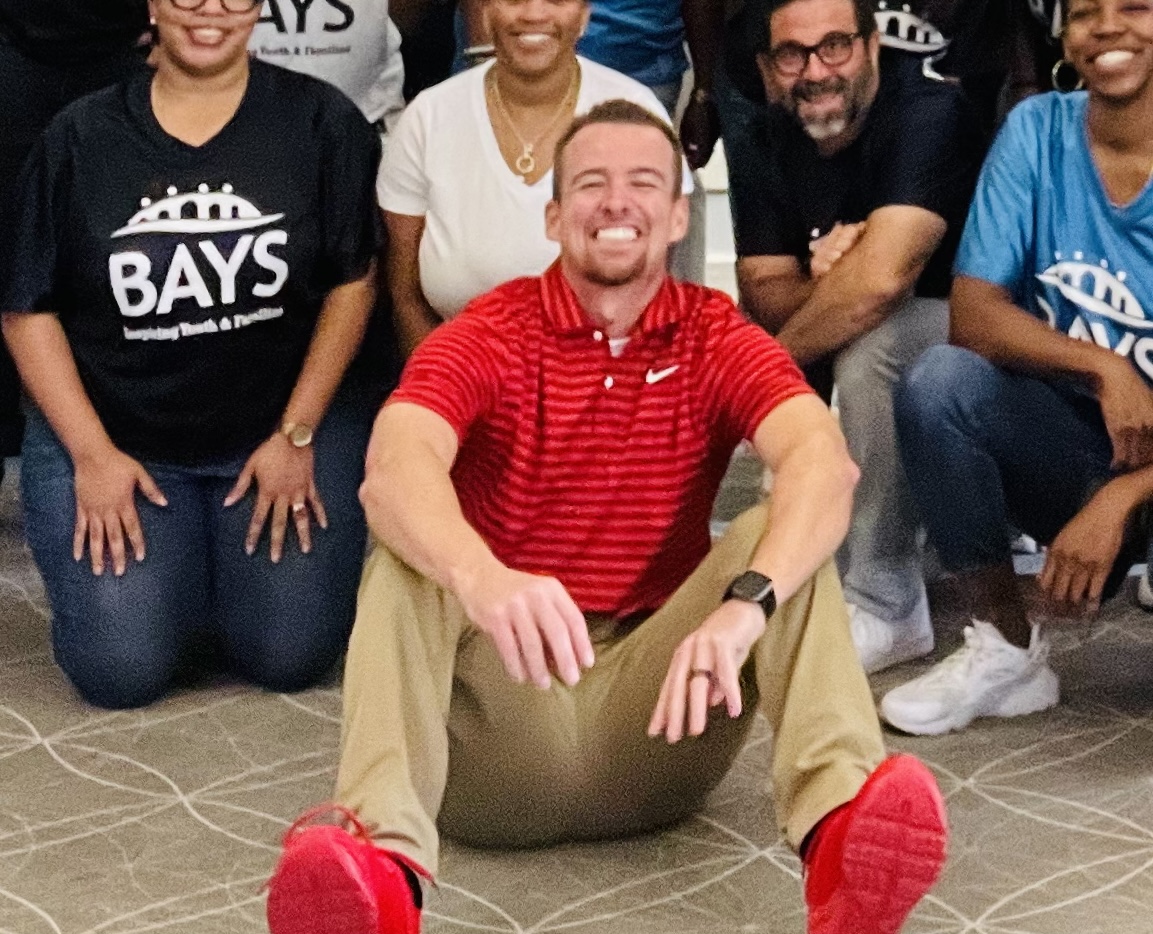The Time I Asked the Worst Question Ever
- Curtis Campogni

- Jan 9, 2025
- 3 min read
Establishing rapport is everything in this field, especially when working with at-risk youth. It’s the foundation for trust, for change, for everything that comes next. I knew that. I knew that.
And yet, here’s the story of how I managed to ask the worst question ever. 👀
The Setup
It was my first meeting with a young man who had every reason not to trust me. He’d been through the system, sat through countless conversations with people telling him what to do, and wasn’t exactly thrilled to have another one with me.
When I arrived, I learned I wasn’t allowed into the house, which felt like a setback. But then, a small win: we grabbed two chairs and sat out front in the yard. He was willing to talk. That was already a victory.
He started to vent—about probation, about rules, about feeling stuck. I listened, nodding, letting him get it out. The moment felt raw, real, and like the perfect opportunity to build a bridge.
The Question
And then, it was my turn to respond. I thought, This is it. This is the moment where I say something that makes him feel understood, validated, maybe even inspired.
Instead, I blurted out:"What do you think you have to do to get off probation?"
The words hung in the air like a bad punchline.
He stopped, his expression shifting from openness to bewilderment to full-on annoyance. Then he snapped back:
"If I knew that, I wouldn’t be on it!!"
Ouch.
The Aftermath
In that moment, I felt like I’d lost every ounce of progress we’d made. The hard-earned connection evaporated. I tried to recover, stumbling over my words, but the damage was done.
The conversation eventually moved on, and we wrapped up the session. But the look on his face—the frustration, the disappointment—stayed with me long after I left.
I replayed that moment in my head over and over. Why did I ask that? Why did I assume he had the answer? And more importantly, what could I have done differently?
The Lesson
Here’s what I learned that day: Sometimes, in our rush to be helpful, we forget to truly listen. We rush to solutions, to strategies, to the next step instead of staying present with the person in front of us.
That question wasn’t about him—it was about me. My own discomfort with silence. My own eagerness to move forward.
But Motivational Interviewing teaches us something powerful: the most impactful conversations aren’t about solving someone’s problems. They’re about creating space for them to discover their own path.
What I’d Do Differently
If I could go back, I wouldn’t ask a question that implied blame or expectation. Instead, I might say:"It sounds like this has been a tough experience for you. Can you tell me more about what’s worked for you so far?"
Or maybe even offer an affirmation:"It sounds like you’re trying to figure out a lot right now. That takes strength."
Because the truth is, change happens when people feel heard, not when they feel cornered.
The Takeaway
Mistakes like this remind us that even with the best intentions, we’re human. They’re uncomfortable, humbling, and yes, sometimes cringe-worthy. But they’re also the moments that shape us into better professionals—and better people.
That young man didn’t just call out a bad question; he reminded me of the importance of empathy, humility, and truly being present. It’s a lesson I carry into every conversation, and one I’ll never forget.
Disclaimer
The views expressed in this blog are solely those of the author and do not represent any other individual, organization, or company. This content is intended for general knowledge and to highlight tools, techniques, and ideas that inspire positive change. Readers are encouraged to explore the topics further and form their own conclusions.









Comments